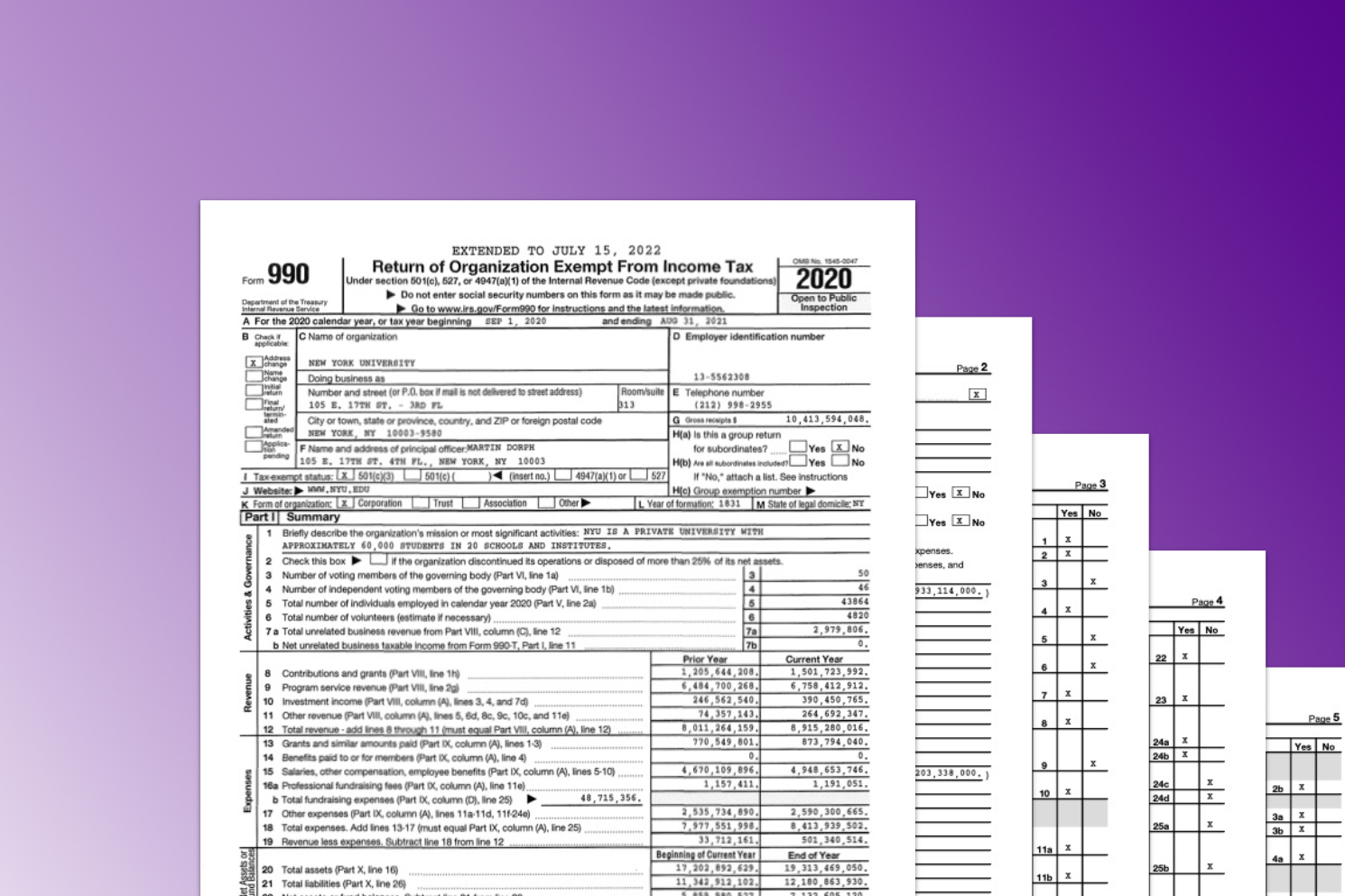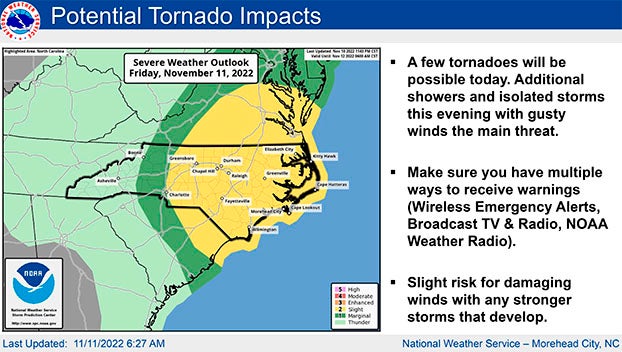As businesses across the country struggled to stay afloat amid the pandemic, NYU’s revenue also took a hit — revenue from the housing and food services it provides fell 51% between 2018-19 and 2020- 21 academic years. Part of the drop was due to two semesters of mostly virtual learning and increased spending on health and safety measures in response to COVID-19. But during the same period, the university’s total revenue grew by 13% — almost $1.2 billion.
NYU raised tuition fees by 2.95% for the 2020-21 period, with tuition and fees accounting for about 35% of the university’s revenue. Tuition and fees, patient care, and contributions and grants, which increased from the previous year, contributed the most to the university’s revenue of $8,915,280,016 this year. At the time, some students criticized the increase in tuition fees due to widespread economic hardship during a pandemic.
The university is required to declare its financial health annually by filing Form 990, the federal nonprofit disclosure statement, which details how the organization spends and earns its money, pays its employees, and more. NYU’s latest information released this year covers the 2020-21 academic year, which marked the university’s gradual return to on-campus learning after its operations were moved online due to the pandemic.
In March 2020, NYU announced that it would transition to distance learning with the onset of the pandemic. U statement by President Andrew Hamiltonstudents were ordered to vacate university housing by March 22. They were not allowed to return to campus until the end of the spring 2020 semester.
NYU has clawed back costs for on-campus housing and dining for the remainder of this semester, with revenue for the 2019-20 academic year from housing and dining plans down more than $100 million from the previous year.
In an Email for April 2020The university administration said NYU’s financial losses due to the pandemic were the largest in the university’s history sold its Bronx campus to avoid insolvency in 1973.
The email also said NYU lost about $100 million in the spring 2020 semester and is expected to lose another $150 million next summer. At the time of the email, the university had spent $60 million on housing and food refunds, $4 million on emergency relief and $3 million on financial aid for study abroad students.
On-campus classes have resumed for the 2020-21 academic year, but with new restrictions for students living in NYU housing. Guests were not allowed in the dormitories, including those who live in the same building, and some students decided to study remotely. From the 2019-20 to 2020-21 school years, revenue from housing and dining plans fell by nearly $70 million — a smaller decline than the previous period.
NYU received more than $130 million as a result of three acts passed by the federal government between 2020 and 2021 to mitigate the effects of the pandemic on colleges and universities. The acts created the Higher Education Emergency Relief Funds I, II, and III, which were to provide assistance to both individual students and universities.
NYU split its HEERF funds between student grants and institutional support, with 45% going to students in need and 55% going to NYU. From its institutional endowment, the university allocated $37 million to reimburse housing and tuition, and spent the remaining $33 million to replace lost funds and monitor COVID-19.
HEERF I demanded it at least 50% Pandemic aid funds allocated to the university will be used for emergency financial assistance to students. NYU exactly half of the funds were used this was given to student aid and the other half to institutional funding, although some student groups called so that all funding goes to relief.
Many universities in New York – including Columbia University and Fordham University — experienced revenue growth similar to NYU. Both universities received $389 million and $2 million, respectively. however, Proceeds of Barnard College decreased by $70 million between 2019 and 2020, and Proceeds of the New School decreased by almost $4 million.
Contact Karma Moniz and Torrey Morales at [email protected]







